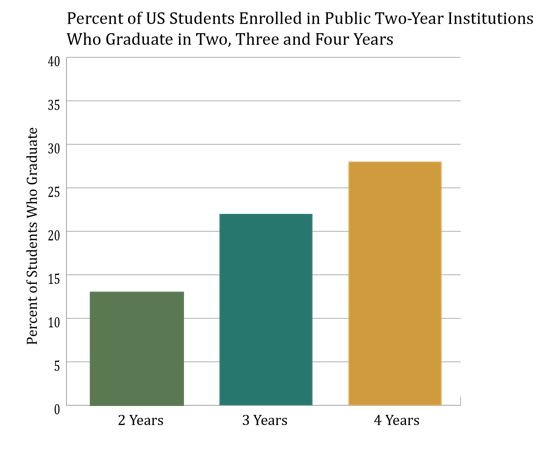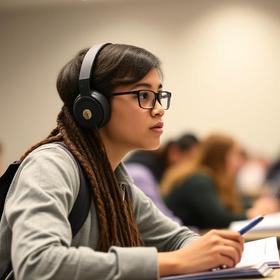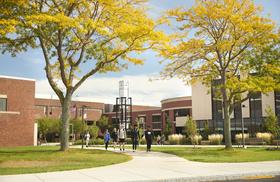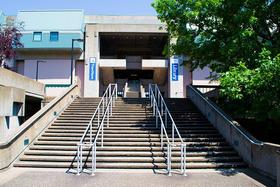According to the National Center for Education Statistics (NCES), nearly 20 million students were expected to attend colleges and universities in the fall of 2019. Another 3.7 million students are expected to graduate from public or private high schools in the spring of 2020. As of mid-March, schools nationwide have closed indefinitely to slow the spread of coronavirus disease, nicknamed COVID-19.
The current health crisis in the United States has resulted in drastic changes. Most states have issued “stay at home” orders, closing all non-life-sustaining businesses, which includes schools. Though many schools have made an effort to post lesson plans online, and teachers are doing their best to stay connected with students, many are left wondering about the state of the American education system and the fate of the class of 2020.
In this article, we’ll explore the impact of the COVID-19 crisis on graduating high school seniors, as well as how community colleges and traditional colleges and universities are responding to the times.
What Options Do High-School Seniors Have?
Senior year is a difficult one for many students. On top of finishing graduation requirements, many students spend the better part of the year completing college visits and submitting applications. Most applications are in by January or February, and students generally hope to hear back from schools sometime in April, with a national response date set for May 1.
As COVID-19 sweeps its way across the country, schools in most states have already closed their




















